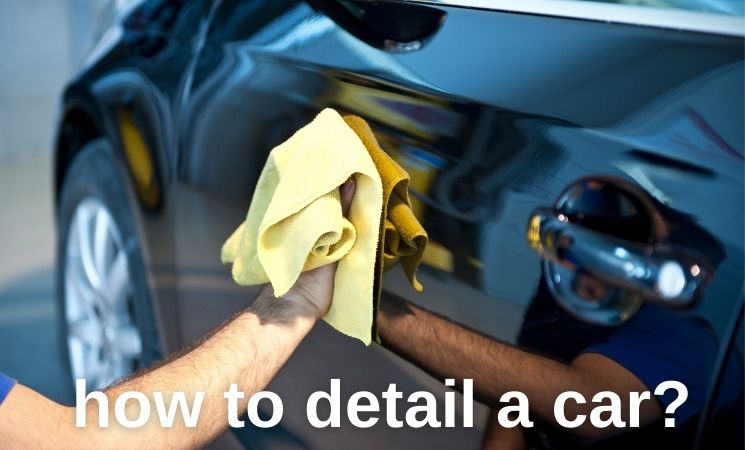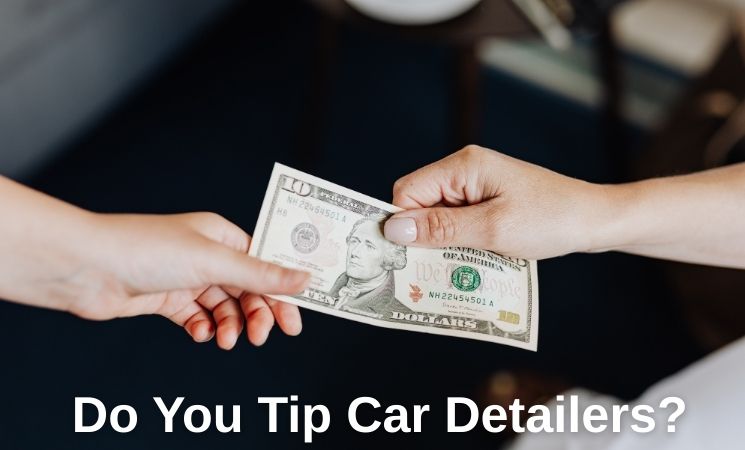Planning your car detailing business insurance can feel overwhelming, yet nearly 40 % of small businesses face a liability claim within ten years, with average costs topping US $30 000 (US data). If you’re working on your IGCSE Business Studies project about entrepreneurship, you’ll need to show how you’ll protect your startup against these risks. This guide lays out the key coverages, cost factors, and claims process so you can launch with confidence.
Understand Insurance Requirements
When you draft your car detailing business plan, factor in insurance needs early. Proper cover isn’t just a nice-to-have—it safeguards your assets and meets legal obligations.
Why Insurance Matters
Working on vehicles and handling chemicals exposes you to property damage and injury claims. Without the right cover, one accident could wipe out your profit margin (auto detailing margins average 15–35 %).
Legal And Contractual Obligations
If you hire staff, workers’ compensation is mandatory in almost every state. Many landlords and corporate clients also require proof of general liability cover before signing contracts.
Choose Essential Coverage Types
Good news, this is more straightforward than it sounds. Start with these core policies, then layer on extra cover as your business grows.
General Liability Insurance
This protects you if a customer slips on a wet floor or a tool damages their property. Data shows the average liability claim can exceed US $30 000, so it’s vital even for sole traders.
Commercial Auto Insurance
If you use a van or mobile unit, this policy covers accidents during work hours. Personal auto cover won’t step in for business use, leaving you personally liable.
Garage Keeper’s Liability
When customers leave their vehicles in your care, this fill-in cover handles theft, fire, vandalism, or collision while you’re detailing.
Workers’ Compensation Insurance
Even part-time staff need protection for on-the-job injuries. It covers medical bills and lost wages, and it prevents fines for non-compliance.
Business Owners Policy (BOP)
A BOP bundles general liability and commercial property cover. For detailers with under ten employees, it often costs less than buying policies separately.
Additional Coverage Options
- Inland Marine (Tools and Equipment) covers your gear during transit or off-site storage
- Cyber Insurance protects customer payment and personal data
- Umbrella Insurance raises liability limits if a claim exceeds your base policy
- Business Interruption covers lost income when a covered event pauses your operations
Compare Policy Costs And Factors
Understanding what drives your premium helps you budget accurately and keeps your rates competitive.
How Premiums Are Calculated
Insurers look at:
- Number of employees (more staff usually means higher risk)
- Vehicle fleet size and type (vans vs cars vs mobile units)
- Your claims history (past incidents can raise your rates)
- Business location (urban areas often cost more)
- Chosen deductible (higher deductibles lower your premium)
Tips To Lower Your Rates
- Bundle coverages in a BOP to unlock discounts
- Implement safety training and standard operating procedures
- Secure your tools (lockers or marked equipment can reduce inland marine costs)
- Opt for a higher deductible if you have a cash reserve for small claims
| Factor | Impact on Premium |
|---|---|
| Number of employees | More staff increases overall cost |
| Fleet size and vehicle type | Vans and multiple vehicles hike rates |
| Claims history | Past claims can raise premiums by 10–20 % |
| Location | City centres often cost more than suburbs |
| Deductible | Higher deductible reduces your premium |
Use these insights to refine your car detailing business pricing.
Handle Claims Smoothly
Knowing what to do after an incident speeds up recovery and controls costs.
What To Do When You Have A Claim
- Notify your insurer as soon as possible
- Collect photos, repair estimates, and witness statements
- Fill out required claim forms completely
- Follow up regularly until your case closes
Documenting And Reporting
Keep a central file (digital or paper) of all invoices, maintenance logs, and incident reports. Accurate records can cut claim processing time.
Quick Recap And Next Steps
- Pin down which coverages your startup needs.
- Compare premiums based on staff, vehicle count, and location.
- Bundle policies where possible to save money.
- Set up clear procedures for reporting and documenting claims.
- Store all insurance documents in an accessible spot.
Choose one policy to get quotes on this week, then move on to how to start a car detailing business. You’ve got this, and your IGCSE project and future clients will thank you.




